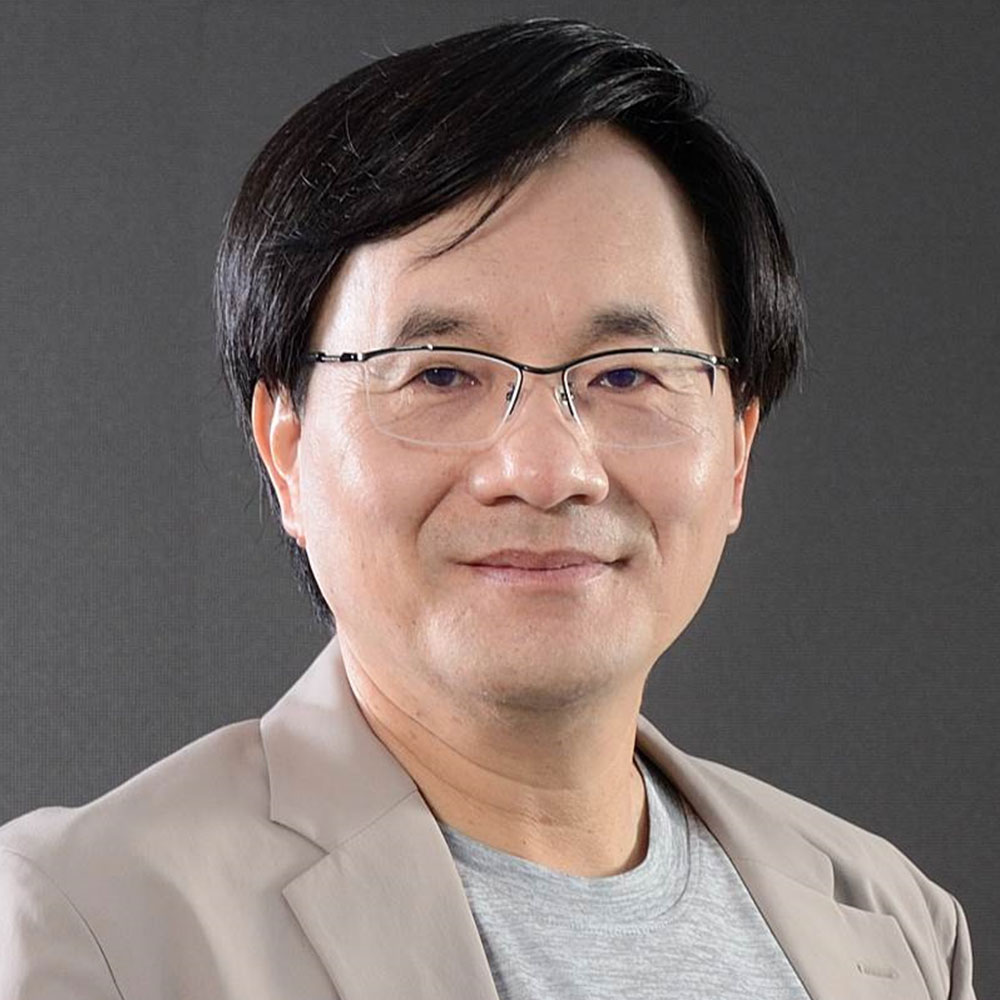
National Cheng Kung University, Taiwan
Presentation Title: Hydrogen Production and Separation Optimization for Decarbonization and Net Zero
Abstract
Fossil fuels, which emerged as crucial energy sources during the Industrial Revolution, continue to play a significant role today. On account of highly relying on them, a considerable amount of carbon dioxide is emitted and accumulated in the atmosphere, thereby deteriorating the atmospheric greenhouse effect and causing global warming and climate change. The concept and action of net zero have received much attention in the last decade to diminish global warming. Among different strategies, hydrogen energy has gained momentum for decarbonization in recent years because no carbon dioxide and air pollutants are liberated when hydrogen is consumed. Moreover, hydrogen has the highest energy density (in terms of weight) and is a potential energy carrier that can be delivered to the appropriate places for its usage. For the foreseeable hydrogen-based society in the future, high-efficiency hydrogen production and separation routes become crucial tasks in implementing hydrogen technology. This talk will illustrate several advanced optimization technologies of hydrogen production from thermochemical methods and hydrogen separation from palladium-based membranes. The introduced optimization methods include the Taguchi method, response surface method (RSM), and Nelder-Mead method. From these methods, the influences of operating conditions (e.g., temperature, steam-to-carbon ratio, oxygen-to-carbon ratio, and GHSV) on hydrogen yield and recovery can be figured out. The performances of the optimization methods will also be addressed.
Biographical Sketch
Professor Wei-Hsin Chen is a Distinguished Professor at the Department of Aeronautics and Astronautics, National Cheng Kung University, Taiwan. He is also the Honorary Chair Professor at Tunghai University, Chair Professor at the National Chin-Yi University of Technology, Research Fellow of the National Science and Technology Council, Taiwan, and Vice President of the Institute for Liquid Atomization and Spray Systems (ILASS)-Asia. He received his Ph.D. from the Institute of Aeronautics and Astronautics, National Cheng Kung University in 1993. He was a visiting professor at Princeton University, USA; the University of New South Wales, Australia; the University of Edinburg, UK; the University of British Columbia, Canada; and the University of Lorraine, France. He was also an invited lecturer at the University of Lorraine. His research interests include hydrogen energy, bioenergy, clean energy, carbon capture and utilization, and atmospheric science. He is the Section Editor-in-Chief of Energies, the Associated Editor of Frontiers in Energy Research, and the editorial board member of Applied Energy, Scientific Reports, Chinese Chemical Letters, AIMS Environmental Science, etc. He also serves as a Guest Editor of around 20 SCI-indexed journals. His important awards include Outstanding Research Award (National Science and Technology Council, Taiwan), Highly Cited Research and Review Paper Awards (Applied Energy, Elsevier), Outstanding Engineering Professor Award (Chinese Institute of Engineers), Highly Cited Review Article Award (Bioresource Technology, Elsevier), and seven consecutive years (2016-present) Clarivate Analytics (Web of Science) Highly Cited Researcher Award.
